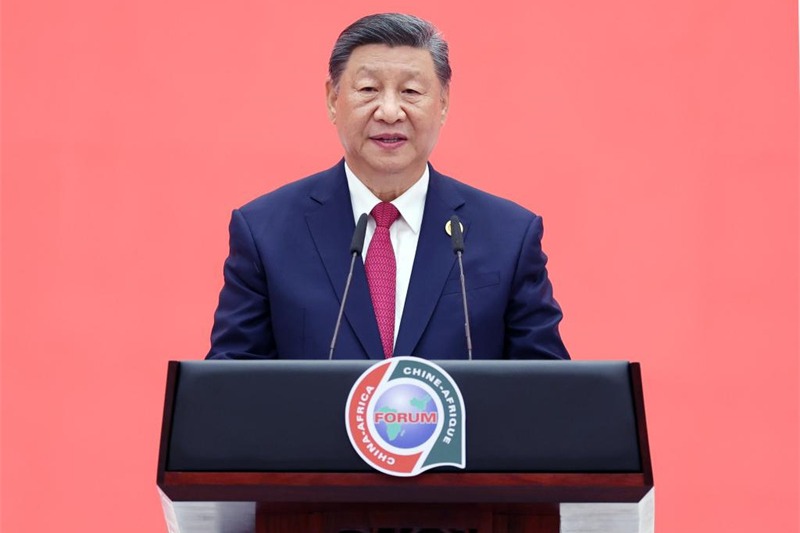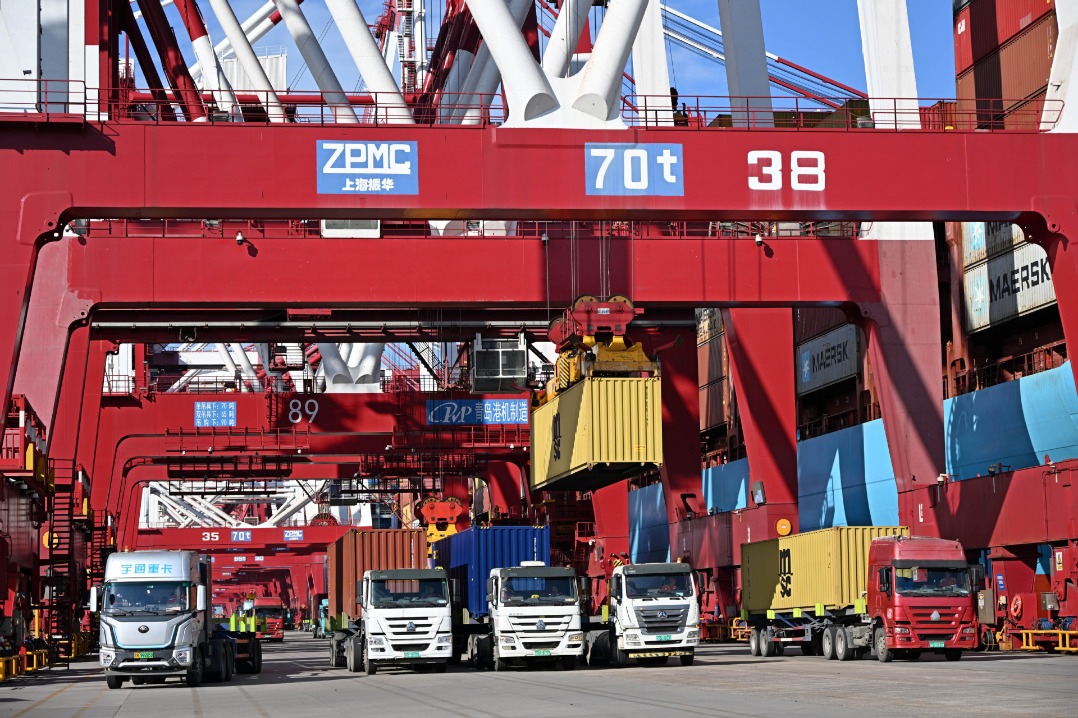Hong Kong to play key role in China's financial opening-up: Bund Summit


Hong Kong will play a "unique and crucial role" in promoting China's high-level financial opening-up, said Paul Chan Mo-po, financial secretary of the Hong Kong Special Administrative Region, at the 6th Bund Summit in Shanghai. The summit, themed "Navigating a Changing World", began on Sept 5 and will continue until Sept 7.
Addressing the summit, Chan highlighted the unprecedented changes and challenges facing the global economy, including geopolitical fragmentation, ongoing conflicts, high interest rates, and rising trade protectionism. Despite these challenges, he emphasized the opportunities driven by technological advancements such as AI, regional supply chain reshaping, and global efforts to combat climate change.
Chan underscored China's commitment to deepening reforms and expanding opening-up as fundamental national policies, with a key focus on promoting high-level opening-up of the financial sector. He outlined several major areas where Hong Kong can play a significant role.
One of these areas is Hong Kong's role as a vital bridge connecting Chinese mainland's capital markets with international investors. Chan cited the Stock Connect program, launched in 2014, as a prime example. This program has become a crucial channel for international investors accessing Chinese mainland's stock market.
"Although foreign investors can buy mainland stocks directly through Qualified Foreign Institutional Investor (QFII), 70 percent of A-shares held by foreign investors are purchased through the Stock Connect," Chan said. He further elaborated that around two-thirds of the 10 trillion yuan ($1.4 trillion) bond transactions by foreign investors in the mainland are conducted via Bond Connect.
Another key area is facilitating the internationalization of the renminbi (RMB). While China accounts for about 14 percent of global trade, RMB settlement in global trade only reached 4.7 percent as of July 2024, according to Society for Worldwide Interbank Financial Telecommunications (SWIFT) data.
Recognizing the growth potential, Chan emphasized that Hong Kong, as the world's largest offshore RMB center, will enhance its RMB infrastructure and offer more RMB products and risk management tools. He also highlighted the mBridge project, a cross-border digital currency platform jointly developed by the People's Bank of China, the Hong Kong Monetary Authority and numerous central banks. This platform aims to enable faster and cheaper cross-border settlements using participating economies' currencies.
Chan also stressed Hong Kong's commitment to connecting with emerging markets, particularly in Southeast Asia and the Middle East. These rapidly growing economies require substantial investment in infrastructure and green transition, presenting opportunities for Hong Kong to connect with capital and technology.
Luo Bin contributed to this story.




































